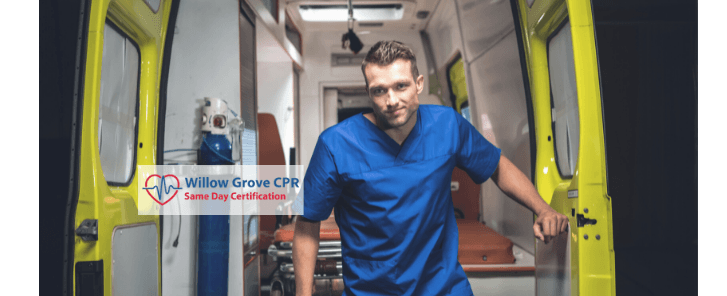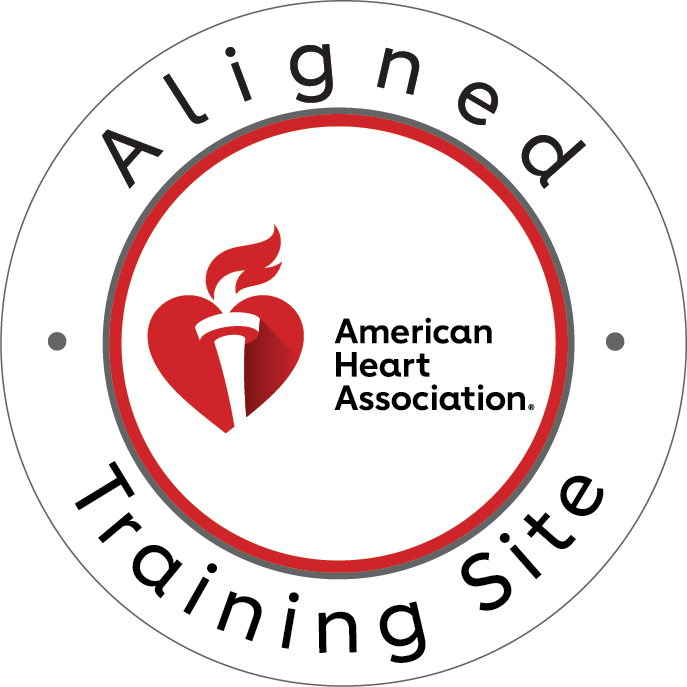As one of the most important members of the emergency medical team (EMT), you will help save peoples lives while working on the ambulance. You will gain the satisfaction of playing a vital role in helping your community.

Introduction
If you've just started in this profession, congratulations! You're on your way to an exciting career that will have you helping people and saving lives. But before you get too comfortable, there are a few things I'd like to share with you that might help as you make your way through the early days of your journey.
1. Always remember your equipment and know your equipment operations.
It is important to know how to properly use the equipment that you have been issued. It is also crucial that you know the specifics of your equipment operations, as well as how to use it in various scenarios and emergencies. This can be done by studying your EMT manual or taking an online course on the use of specific pieces of equipment.
You should always remember:
- When using non-powered devices such as stethoscopes and blood pressure cuffs.
- How many parts make up each device (like a suction unit) and what their purposes are (the barrel for suctioning, tubing for transporting fluid from one place to another).
- How these devices work together (for example, how suctioning works with intubation).
2. Treat every patient with respect and dignity. Listen to your patient. Really listen, and try to pick up what they are saying, even when they aren’t talking. Body language says a lot, and listen to what’s not being said. Also, Good eye contact builds trust and a smile can be relaxing.
- Be kind and respectful to everyone you meet, including other EMTs and firefighters. You never know when or where you may cross paths with someone again, so be sure to treat them with care and respect even if they aren't in uniform at the time.
- As an EMT, it is your job to keep the patient calm and comfortable during transport but don’t forget about yourself! Make sure that you are eating healthy foods on a daily basis as well as getting plenty of sleep each night before going out into the field every morning!
- If there is ever any question of whether or not someone needs medical attention then call EMS right away because this could mean saving their life or making sure that they get back home safely after having had too much fun out partying last night!
3. Take care of your body and learn how to properly lift
When it comes to lifting, you want to be sure that you're using proper body mechanics. This means that when you lift something, you shouldn't rely on your back or neck to do the work—instead, use your legs.
When squatting down onto a patient's chest and getting them into position for CPR (cardiopulmonary resuscitation), I always keep this in mind: as I approach my patient's head with my hands clasped together over their sternum (breastbone), I bend my knees first so that they are bent at an approximate 90 degree angle. In this way, when I put pressure on the sternum with my hands and push down on my knees at the same time, all of the force goes into moving them instead of just pushing them up into their cervical vertebrae which are known for being weak points in our spine!
Lifting is another important skill for EMTs to have since we're often required to lift patients out of vehicles or off stretchers and into ambulances or helicopters! The best way to do this is from underneath: crouching down by their feet rather than standing over them will help prevent injuries such as knee strain or back pain due to improper posture under load."
4. Cultivate a life outside of work
Since you are an EMT, your job will be demanding. You will have long hours, and the work can be stressful at times. When you're not working, it's important to keep your mind off of work. It's not healthy to live your whole life thinking about work all the time. Make sure that you have some interests outside of work so that you can relax and have fun without being fixated on what happened during your shift. Don't forget about friends and family either! Not only do they love having time with you but it is also good for them to spend some quality time together as well! If possible make plans with someone else outside of work who doesn't know anything about what goes on inside of hospitals; this way they won't judge or expect anything different from how they normally see people acting when out shopping or at restaurants since nothing major has happened yet since there was no need nor reason why anyone else would expect any kind of special treatment while visiting friends/family members back home since those who lived far away were already aware beforehand anyway which meant that if something did happen then everyone would be prepared accordingly...
Advice for EMTs
Whether you're a new EMT or seasoned veteran, it's important to stay grounded. You must remember that you're a human being who happens to be in a position where others are relying on your expertise and compassion. Keep in mind that your patients are people, just like you.
Being kind and compassionate is one of the most important qualities an EMT can have. Your patients will appreciate the time that you take with them—they may not realize it at the time, but they will remember how helpful you were when they think back on their experience with emergency services in general. Listening is also essential; sometimes all someone needs is reassurance that everything will be okay, which comes easily with attentiveness and focus on what they're saying rather than what might come next in our shift.
This section wouldn't be complete without mentioning the importance of taking care of yourself as an individual person! Our physical health directly affects our mental health, so take care of yourself physically by eating well and getting enough sleep each night (this doesn't mean just going home from work—you should also get some exercise during the day). Remember that there's more than just work happening outside of your shift hours; make sure you schedule plenty of time for friends/family members/partners/etc., hobbies like reading or gardening...whatever works best for YOU! Remember to keep your American Heart Association ACLS and BLS Certification Current every two-years.
Conclusion
"By following these tips, you will be able to go into your job as a rookie with confidence and knowledge. This can help set you up for success in your career."

American Heart Association Certified Training Provider
2735 Terwood Rd. Unit H, Willow Grove, PA



